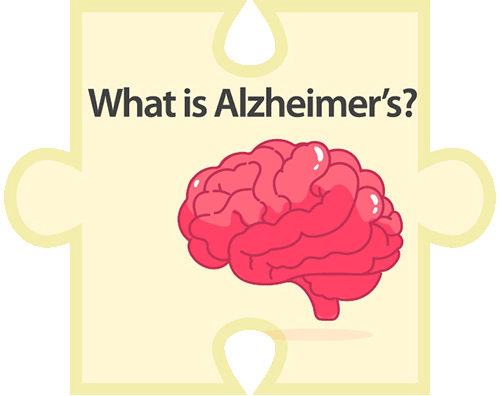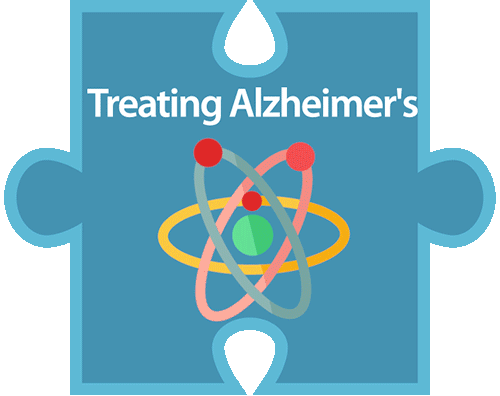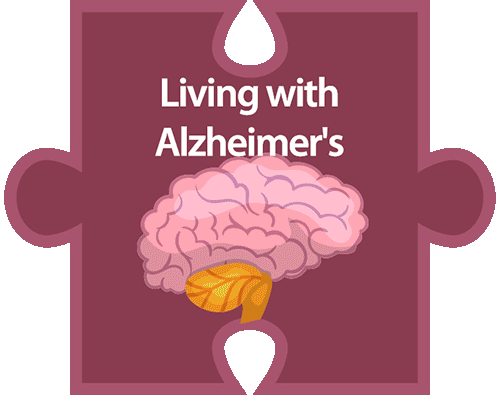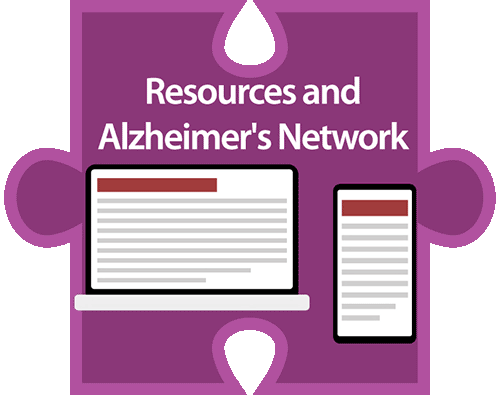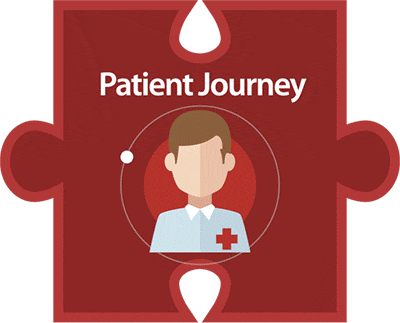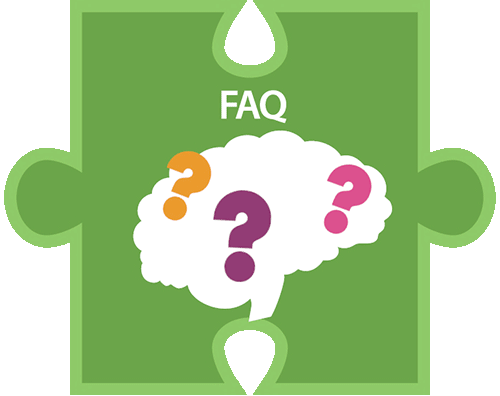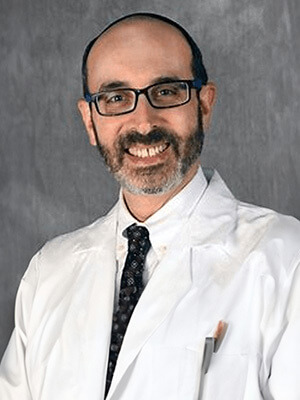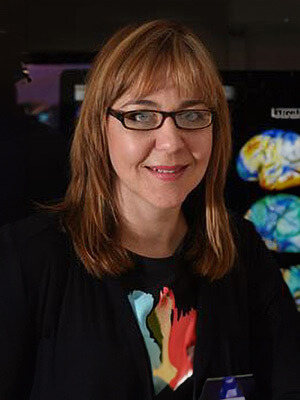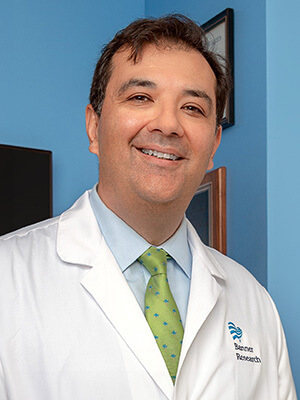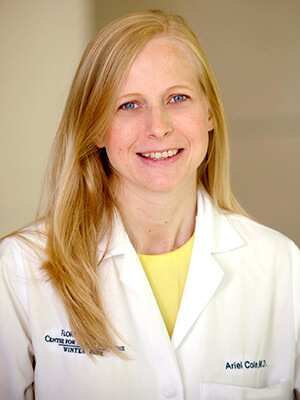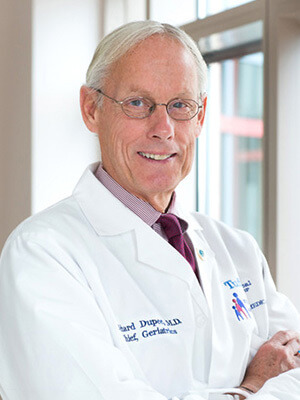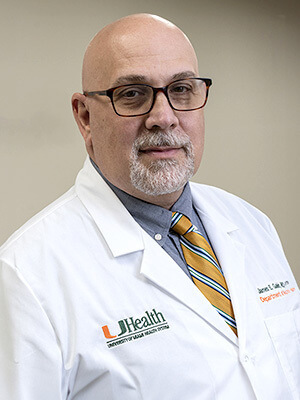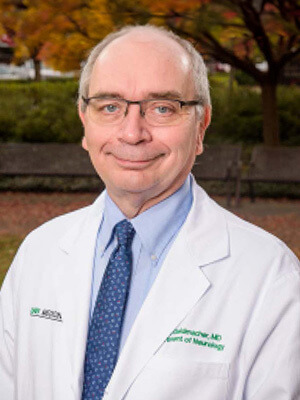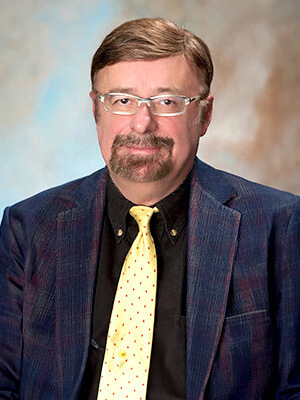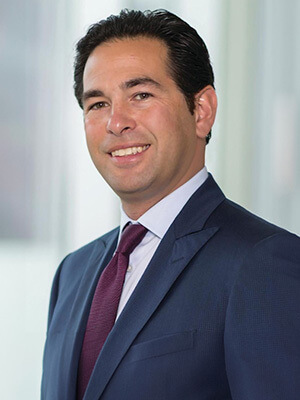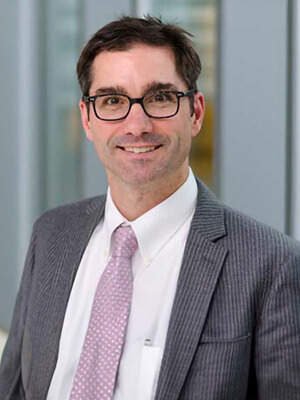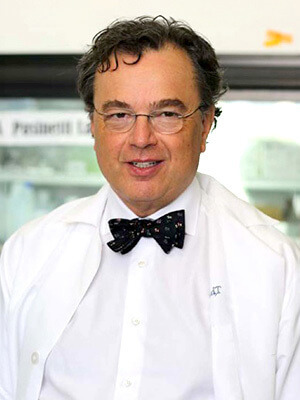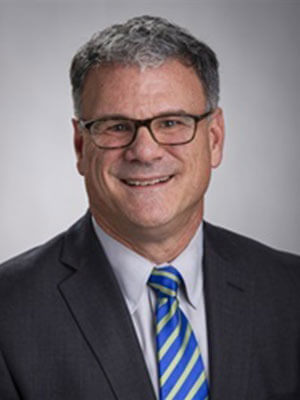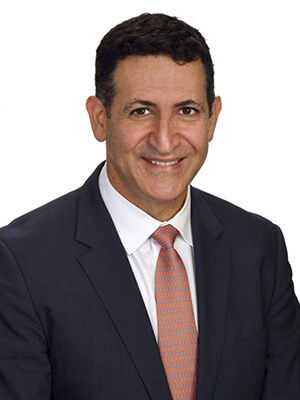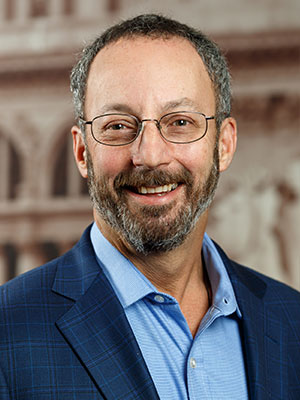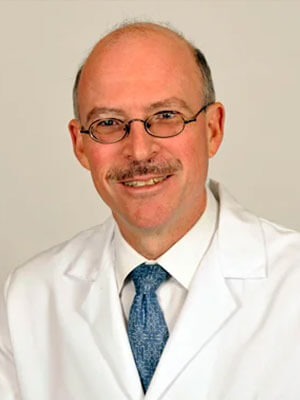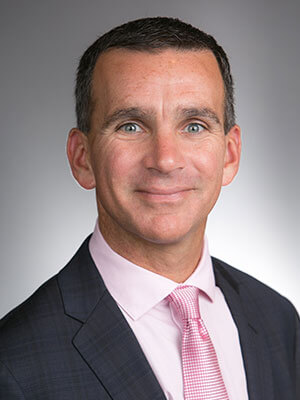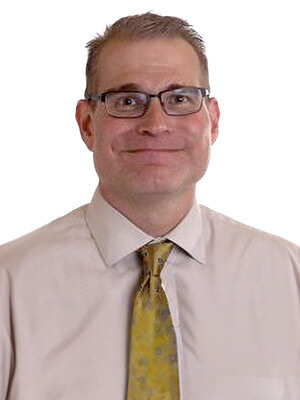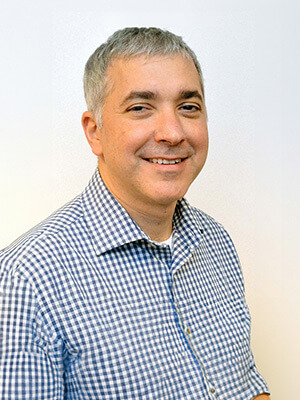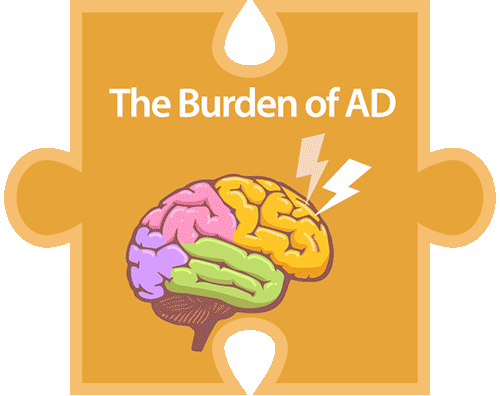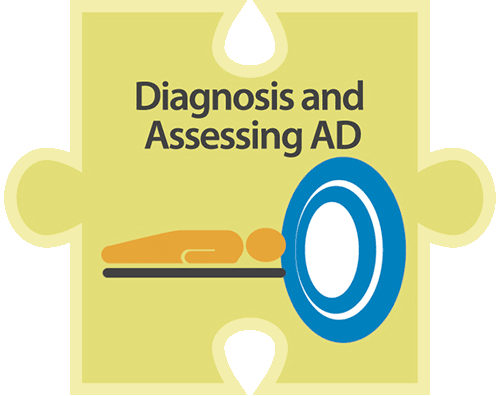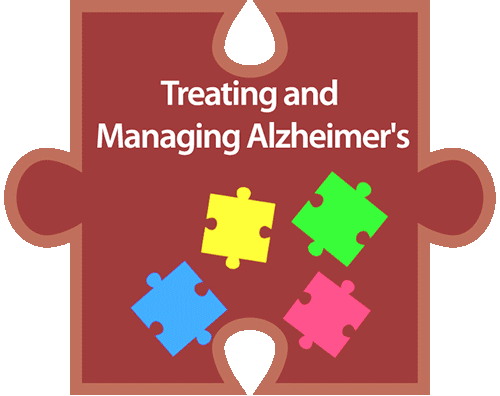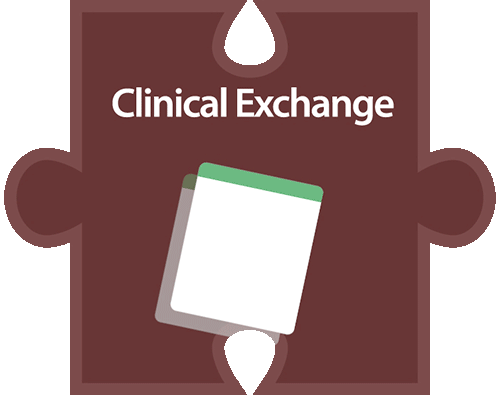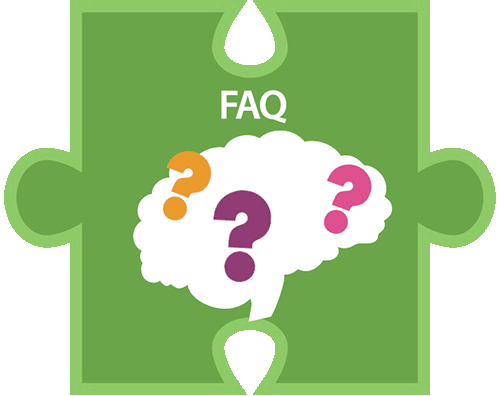FAQ’s
Alzheimer’s disease is the most common type of dementia; it starts with memory loss and gets worse over time. There is no cure, but there are treatment options that may improve some symptoms and some treatments aim to slow or delay the progression of Alzheimer’s disease.1
Scientists don’t know precisely what causes Alzheimer’s Disease, but it is related to the accumulation of proteins in the brain, specifically amyloid plaques and tau neurofibrillary tangles, that lead to brain degeneration.1
Life expectancy for patients with Alzheimer’s disease generally varies between 3 to 10 years after diagnosis.2
Risk factors for Alzheimer’s Disease include1:

Traumatic head injury

Depression
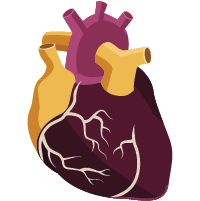
Cardiovascular disease
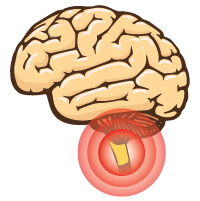
Cerebrovascular disease

Higher parental age

Smoking
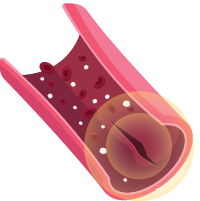
Increased homocysteine levels

Presence of Apolipoprotein (APOE) e4 allele
It is estimated that nearly 40 million people are living with Alzheimer’s disease worldwide. Symptoms of the disease usually appear after the age of 65, but can occur in a small percentage of younger patients (early Alzheimer’s).3
Stages of Alzheimer’s disease are pre-clinical, mild, moderate, and severe.1
The earliest and most common symptom of Alzheimer’s disease is short-term memory loss. Symptoms tend to get worse as the disease progresses, and include1,2:
- Memory loss
- Judgment/problem-solving difficulties
- Trouble completing familiar tasks
- Problems communicating, both speaking and writing
- Time/place confusion
- Vision/spatial issues
- Social withdrawal
- Mood changes like apathy and irritability
- Sleep disturbances
- Problems with movement
There is no guaranteed method of preventing Alzheimer’s Disease. However, some studies suggest that adopting a healthy lifestyle, including diet modifications and regular exercise, may decrease the risk of developing Alzheimer’s disease. In addition, participating in mentally stimulating activities like reading, playing music, and social activities may also decrease AD risk.1,3
Early diagnosis can benefit people with Alzheimer’s disease by allowing them more time for treatment as well as long-term planning and family communication. Alzheimer’s disease is typically diagnosed via1,4:

Gathering information from family members and caregivers

Physical exam including neurological findings
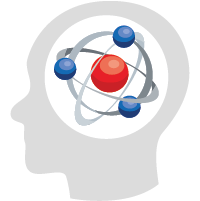
Cognitive testing, looking at memory, problem-solving, etc.

Blood tests looking for biomarkers

Neuroimaging, like MRI, PET, and other scans
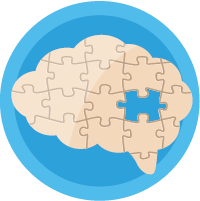
Ruling out other potential causes of dementia
While there is no cure for Alzheimer’s Disease, several treatment options are available aimed at improving quality of life and cognitive function. Medications like donepezil, rivastigmine, galantamine, and memantine may help decrease the symptoms of Alzheimer’s Disease. A class of medications called anti-amyloid monoclonal antibodies, may slow the protein deposition and brain shrinkage that is characteristic of Alzheimer’s disease1,2.
A new diagnosis of Alzheimer’s disease can be challenging to both the person affected and their family. Keeping an open line of communication with the healthcare team can help with finding clinical trials and dealing with tough decisions. Future planning, like addressing financial, legal, and end-of-life issues should be addressed as soon as possible. Societies, associations, and support groups can offer both patients and caregivers a place to share concerns, get helpful tips, and receive emotional support. Examples include:
- National Institute on Aging: https://www.nia.nih.gov/health/alzheimers
- Alzheimers.gov: https://www.alzheimers.gov/
- Alzheimer’s Association®. Treatments and research. https://www.alz.org/help-support/i-have-alz/treatments-research
- Caregiver Resources & Long-Term Care: https://www.hhs.gov/aging/long-term-care/index.html
- Caregiver Support: https://www.usa.gov/disability-caregiver
A number of websites provide information required for obtaining financial information for patients and their caregivers. Examples include:
- Alzheimer’s Association. https://www.alz.org/help-support/caregiving/financial-legal-planning/paying-for-care
- Alzheimer’s.gov. https://www.alzheimers.gov/life-with-dementia/find-local-services
- Caregiver Resources & Long-Term Care. https://www.hhs.gov/aging/long-term-care/index.html
- Caregiver Support. https://www.usa.gov/disability-caregiver
- Eldercare Locator. https://eldercare.acl.gov/Public/Index.aspx
- Family Caregiver Alliance. https://www.caregiver.org/
- National Institute on Aging, Paying for Care guide. https://www.nia.nih.gov/health/paying-care
References
- Kumar A, Sidhu J, Goyal A, et al. Alzheimer Disease. StatPearls. 2022. https://www.ncbi.nlm.nih.gov/books/NBK499922/
- Zanetti O, Solerte SB, Cantoni F. Life expectancy in Alzheimer’s disease (AD). Arch Gerontol Geriatr. 2009;49 Suppl 1:237-243.
- World Health Organization. Dementia. March 15, 2023. https://www.who.int/news-room/fact-sheets/detail/dementia/?gad_source=1&gclid=CjwKCAiAivGuBhBEEiwAWiFmYXomiIv8YfJMe-LdqnH8NMC-ll929dagsPJ2niJIDeMQkbYOH1wnRBoC1oAQAvD_BwE.
- National Institute on Aging (NIA). Alzheimer’s Disease Fact Sheet. https://www.nia.nih.gov/health/alzheimers-disease-fact-sheet
All URLs accessed on February 14, 2024.



